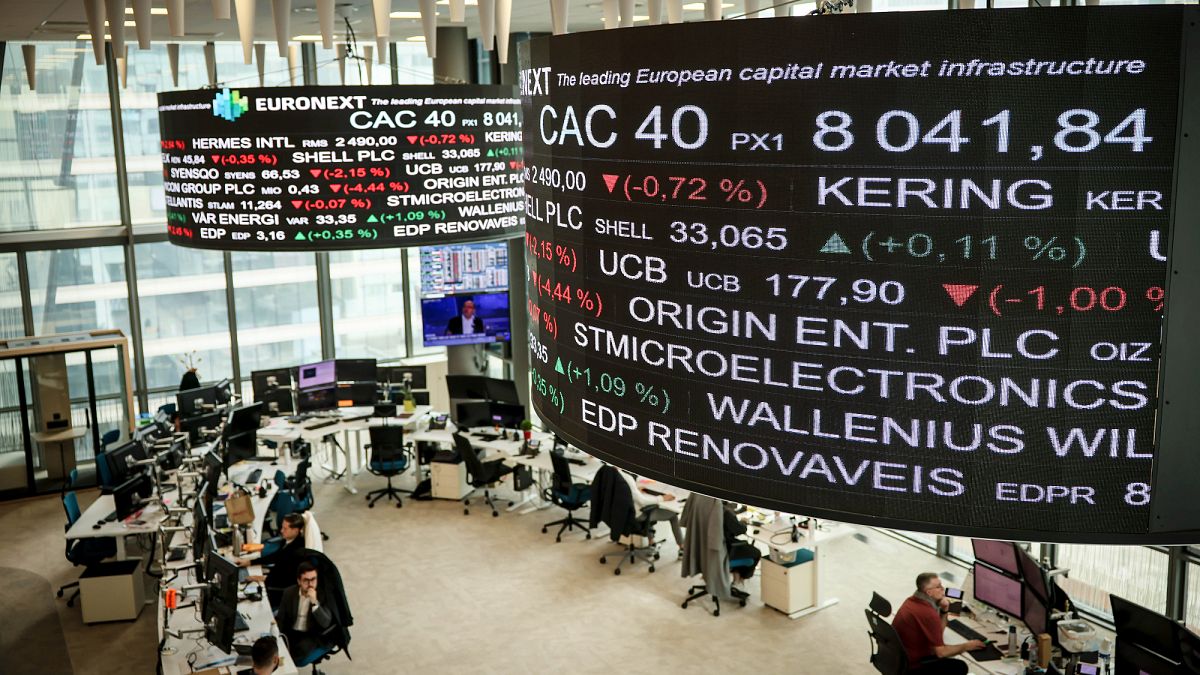

In an ever-evolving global landscape, a series of recent developments highlight significant economic and political shifts across several nations. These changes offer a glimpse into the adaptive strategies countries employ to navigate interlinked challenges and opportunities.
In France, the government is exploring fiscal strategies to address its economic challenges. Prime Minister François Bayrou has put forth a proposal aimed at reducing the national public deficit, which stood at 5.8% of GDP in 2024, totaling €168.6 billion. The plan to cut two public holidays illustrates an effort to boost economic productivity and bring the deficit within the bounds of EU regulations. While the move may spark debates about worker welfare versus economic efficiency, it encapsulates the critical balance of priorities that governments must navigate in times of fiscal constraint.
Shifting to Asia, Thailand has chosen to delay the implementation of a proposed tourist entry fee until 2026, as the nation faces a downturn in tourist arrivals compounded by broader economic pressures. The fee, pegged at €7.50, was intended to support travel insurance and enhance tourism infrastructure. This deferment is a strategic decision to encourage a rebound in tourism, an essential pillar of Thailand’s economy, by easing potential barriers for international visitors.
Meanwhile, the United States has been contending with rising inflation rates, now at 2.7%, influenced significantly by former President Donald Trump’s tariff policies. These tariffs have driven up costs for various consumer goods, including furniture, clothing, and large appliances. As economic actors adapt to these price changes, the inflationary pressures underscore the complex interplay between domestic policy decisions and their widespread economic impacts.
Automotive giant Nissan is also repositioning in response to financial pressures, announcing the closure of its flagship Oppama plant in Japan by March 2028. The relocation of production to another facility in southwestern Japan marks a strategic realignment intended to optimize costs. This decision will affect approximately 2,400 employees, highlighting the often-challenging decisions companies must make in pursuit of long-term sustainability and competitiveness.
In the realm of technology and international trade, Nvidia has received approval from the US government to resume the sale of its H20 chips to China, following a prior ban announced in April. This reversal points to the nuanced stance the US is adopting in its trade relationship with China, balancing restrictive measures with opportunities for mutually beneficial commerce. This instance exemplifies the dynamic nature of global trade policies and their frequent recalibrations.
In a twist in global economic narratives, China’s economy has shown resilience, with GDP growth reaching 5.2% in the second quarter of the year, slightly surpassing analysts’ expectations. This growth, fuelled in part by strategic front-loading of shipments ahead of tariff implementations, highlights China’s capacity to adapt to external economic pressures such as the ongoing trade tensions with the United States.
In the geopolitical arena, Europe has set a clear deadline for Iran to curb its nuclear ambitions. The EU, with key players like the UK, France, and Germany, has signaled the possibility of reinstating sanctions if Iran fails to make tangible progress in reducing its nuclear activities by the end of August. This decisive stance underscores the EU’s commitment to nuclear non-proliferation and international security stability.
Across these diverse developments, the constant theme is adaptation and strategic alignment. Countries and corporations are recalibrating policies to respond effectively to both domestic requirements and international dynamics, reflecting a world in flux yet offering opportunities for growth and collaboration.
Source: {link}
